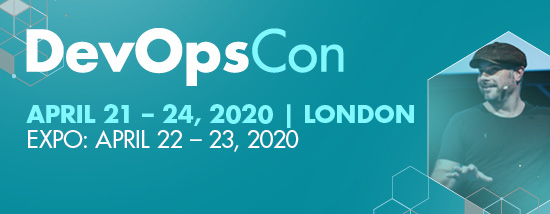OneDev is an all-in-one open source DevOps platform, which includes issue tracking, Git management, the ability to create pull requests, language-aware code searching and navigation, and a few more useful features. Its source code is mainly implemented in Java, with a dash of JavaScript under the hood.
If you are looking for a new Git server as an alternative to the commonly used options, perhaps OneDev has what you need. Creator of OneDev, Robin Shen, posted an article on DZone introducing it to the public. According to Shen, OneDev is now deemed mature and has been used daily.
How does it stack up?
SEE ALSO: Speed of deployment: Security, compliance crucial to DevOps success
Straight-forward DevOps
At a glance, one of the best and most obvious features of OneDev is its straight-forward, intuitive, clean UI. Even on mobile devices, OneDev retains its sleek look, with easy to navigate buttons and menus.

Creating a build spec. Source.
Some of its notable features include:
- Simple build spec creation: No YAML files required, simply create a build spec using the UI menus.
- Customize and add issue states and fields: Set your own custom issue states and fields/field dependencies.
- Keep track using issue boards: Get an updated overview without leaving the page. The issue board automatically refreshes, serving up-to-date information and recent issue states.
- Language-sensitive search: OneDev currently supports Java, JavaScript, C, C++, C#, Go, PHP, Python, CSS, SCSS, LESS, and R.
- Pull requests and pull request review: Easily create pull requests and enforce PR review with branch protections.
- Discuss code: Create and organize code discussions on code and diff block, no pull request required.
- Permission control: Define permissions and set code privileges, change who can assign issues, access build logs, and more.
- Flexible pipelines: Connect jobs and create pipelines, run them concurrently, create matrix builds, and combine parameters for optimized processing. Jobs can be set to run either automatically, triggered by certain events, or manually via an authorized user.
- Sophisticated queries: Save and maintain your searches for easy access. You can search through pull requests, projects, commits, issues, builds, and code comments and get notified of any changes.
- Support for Linux and Windows containers
Sizing it up
Are there any downsides? For one, it’s memory requirements are on the large side. OneDev requires at least 2G physical memory. Keep in mind that it may end up being fairly hefty for some users, as you will have to allocate more memory if you have a number of large repositories.
While it currently has an impressive amount of features, there is still room for more in future versions. Keep an eye on the open issues for feature requests (or help out and submit your own request).
Browse the usage scenarios and see if it seems like a perfect fit for your DevOps needs.
SEE ALSO: 5 DevOps trends everyone should get ready for in 2020
Testing it out
Users can either run it as a Docker container, deploy into a Kubernetes cluster, or run on a bare metal machine. Installation prerequisites include Java 8 or higher and Git 2.11.1 or higher.
Will you give OneDev a test run? Follow the short tutorial and get started.
The post Open source all-in-one DevOps platform: OneDev’s UI is easy to use appeared first on JAXenter.
Source : JAXenter
























